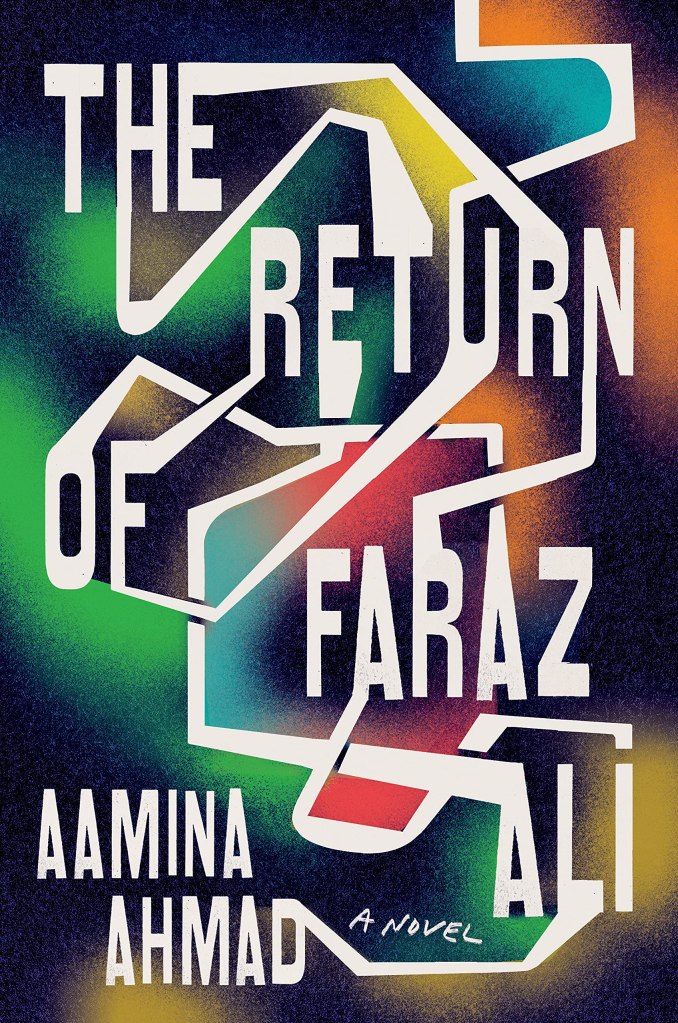
At first glance, The Return of Faraz Ali reads like noir fiction: A police inspector in 1960s Pakistan is sent to the Mohalla, Lahore’s red light district, to cover up the murder of a child prostitute, but his conscience urges him to investigate instead. That is the central mystery of Aamina Ahmad’s novel: who killed eleven-year Sonia, and will Faraz Ali – police inspector, doting new father and illegitimate son of a government power broker – bring the guilty to justice, despite the personal cost?
But just as there are layers to the corruption and conspiracy around Sonia’s death, there are countless layers to the story of Faraz, and the end result is a beautifully crafted and thought-provoking family saga.
Faraz, whose father took him from the Mohalla when he was a small child, has always kept his humble origins secret. In Pakistan’s class-conscious society, the truth of Faraz’s beginnings would mean the end of his career and his marriage. He cannot fathom why his father, who has never publicly acknowledged their relationship, would send him back to a place he’s been ordered to forget.
Faraz secretly investigates these twin mysteries – Sonia’s murder and his own forgotten history. Hestruggles to navigate the murky political waters of the case while piecing together fragments of his past, but the more he discovers, the greater the consequences..
Faraz isn’t the only one returning to the Mohalla, however. Rozina, a former film star and courtesan, is desperate to secure a different future for her daughter, even as her own circumstances take a turn for the worse. Through flashbacks, we see how Faraz’s father rose to power, at what price, and how his past is still very much with him.
While Sonia’s murder is the terrible and tragic impetus for the story, it’s the characters who make it so compelling. Each is complicated, nuanced, and deeply real. They are faced with impossible choices, and it’s profoundly moving to watch them make those decisions and live with the fallout. Even secondary characters, such as Faraz’s wife and Rozina’s best friend, are finely drawn and integral to the plot.
The world these characters inhabit – Pakistan on the cusp of a new regime, revolution and upheaval all around them – is vividly rendered, as are the small moments that make up the everyday fabric of their lives, and the sense of immersion makes the characters easy to empathize with. This is a place and time in history I have shamefully little knowledge of, but Ahmad effortlessly brought it to life.
The heart of the book, though, are its relationships, particularly between parents and children. Faraz’s dedication to his daughter – from changing her diaper to pursuing a killer, his love for his child grounds nearly every choice he makes. Rozina barters her future in order to give her child a better life. Even Faraz’s father, we learn, is protecting his children – all of them – in ways both terrible and vital. The circumstances of their choices are rooted in the history of Pakistan, but the love and ferocity are universal.
There are no easy answers in this story – like any noir novel, it is often violent and gritty and bleakly tragic. But it is also gorgeously written, thoughtful, and impossible to forget. It’s a great fit for fans of literary mysteries such as Miracle Creek; unflinching portraits of complicated families, such as Sing, Unburied, Sing; and book clubs looking for historical fiction with timeless themes.

Photo: © Lisa Keating
Categories: Books and More
